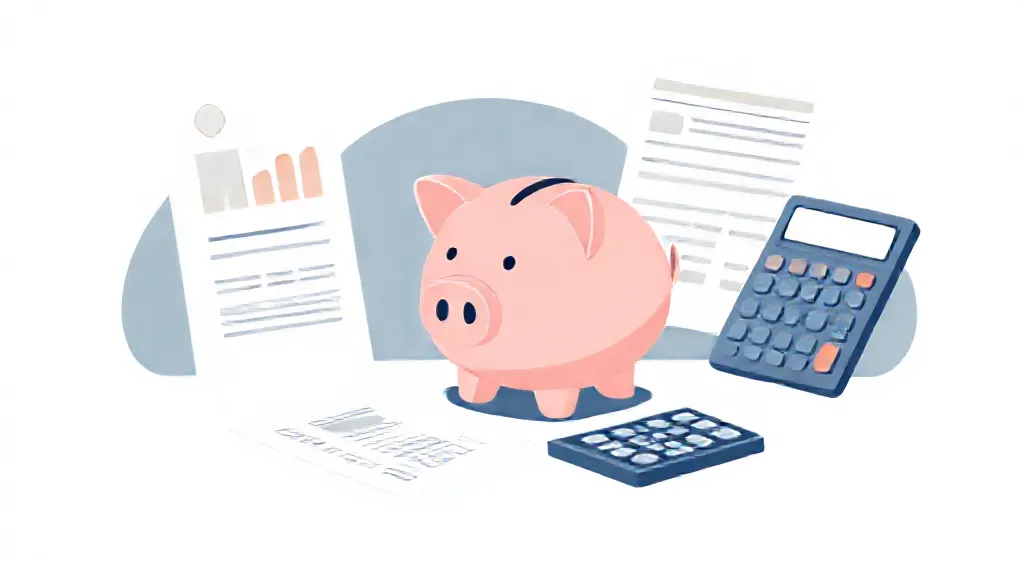In the realm of personal finance, emergency funds are often touted as a non-negotiable component of a sound financial strategy. An emergency fund is essentially a savings buffer that can be accessed in times of unexpected financial distress, such as job loss, medical emergencies, or urgent home repairs. The importance of having a dedicated emergency fund cannot be overstated, as it serves as a financial safety net that protects individuals from falling into debt or experiencing financial hardship during unforeseen circumstances.
The Purpose of an Emergency Fund
The primary purpose of an emergency fund is to provide immediate access to cash when unexpected expenses arise. Financial experts generally recommend saving three to six months' worth of living expenses in an easily accessible account. This fund allows individuals to manage crises without resorting to high-interest debt options, such as credit cards or payday loans, which can exacerbate financial woes.
For instance, if a person loses their job unexpectedly, having an emergency fund can help cover essential bills and living expenses while they search for new employment.
Financial Stability and Peace of Mind
An emergency fund contributes significantly to financial stability and peace of mind. Knowing that there is a financial cushion available can alleviate anxiety and stress associated with financial uncertainty.
This psychological benefit is often overlooked, yet it plays a crucial role in overall well-being. Individuals who have established emergency funds tend to feel more secure and confident in their financial decisions, allowing them to focus on long-term goals rather than immediate survival.
Avoiding Debt Traps
One of the most compelling reasons to prioritize an emergency fund is the ability to avoid debt traps.
Without a financial safety net, individuals may find themselves in dire situations that force them to borrow money at unfavorable terms. This can lead to a cycle of debt that is difficult to escape. For example, if an unexpected car repair costs $1,000 and the individual has no savings, they might resort to a payday loan with exorbitant interest rates, which can lead to further financial distress.
Building an Emergency Fund
Building an emergency fund may seem daunting, but it can be achieved through systematic saving strategies. Start by setting a specific savings goal and breaking it down into manageable monthly contributions. For instance, if the goal is to save $6,000, setting aside $500 each month can help reach that target in a year.
Additionally, consider automating the savings process by setting up a direct deposit into a dedicated savings account. This ensures that saving becomes a priority rather than an afterthought.
Where to Keep Your Emergency Fund
Choosing the right account for your emergency fund is crucial.
The ideal account should offer easy access to funds while providing some interest earnings. High-yield savings accounts or money market accounts are often recommended because they typically offer better interest rates than traditional savings accounts while maintaining liquidity. It’s essential to avoid tying emergency funds up in investments that may not be easily accessible, such as stocks or long-term bonds.
Emergency Funds in Different Life Stages
The importance of emergency funds can vary across different life stages. Young adults may need smaller amounts saved initially, as their expenses are typically lower. As individuals progress through life—getting married, buying homes, or starting families—the recommended size of the emergency fund should grow accordingly.
Each life change brings new financial responsibilities, making it crucial to reassess and adjust the emergency fund as needed.
The Impact of Economic Downturns
Economic downturns, such as recessions, highlight the necessity of having an emergency fund. During such times, job security can be compromised, and unforeseen expenses may arise more frequently.
Having a robust emergency fund can make the difference between weathering a financial storm or succumbing to financial instability. Historical data shows that during economic crises, individuals with emergency funds are better equipped to navigate challenges without incurring significant debt.
Conclusion: Making Emergency Funds a Priority
In conclusion, emergency funds are a non-negotiable aspect of financial health.
They provide a vital safety net that protects individuals from unexpected financial burdens, fosters peace of mind, and helps avoid the pitfalls of debt. Establishing and maintaining an emergency fund should be a priority for anyone seeking to achieve financial security. By committing to save and regularly reassessing financial goals, individuals can build a strong foundation that will serve them well in times of need.
